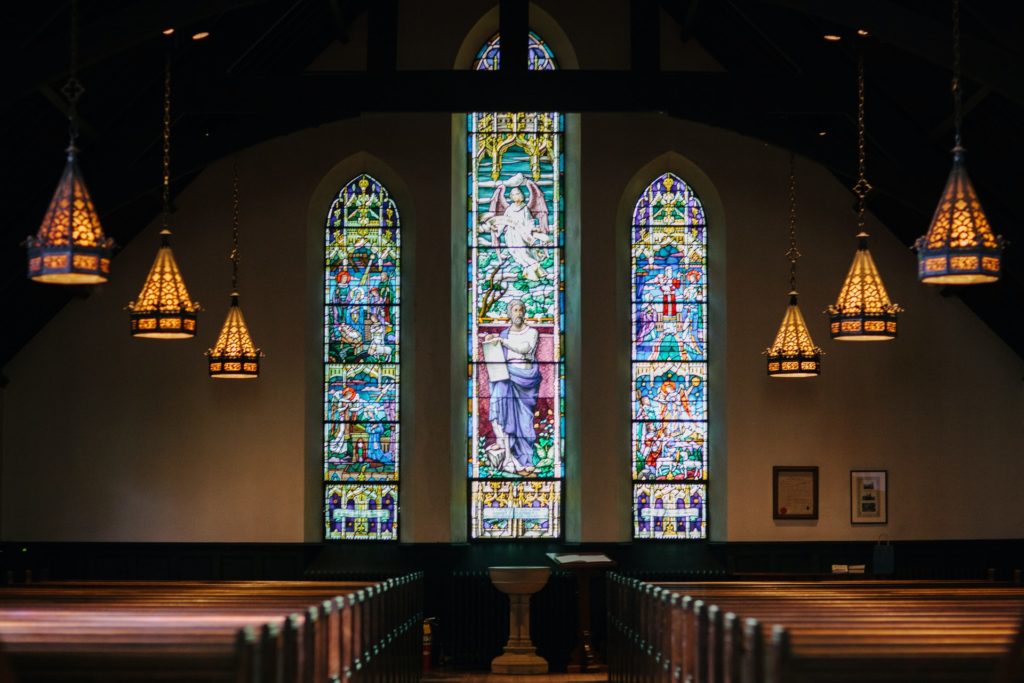
As we look back over the centuries, we can discern movements and counter-movements in the history of Christianity. One that easily discernable today is the resurgence in America of Reformed theology and tradition. I believe this is largely a reaction to the theological drift of American Christianity toward liberalism, “wokeism”, and (dare I say it?) apostacy.
So many Christians today are seeking more from Christianity than what a modern seeker-focused megachurches are teaching. They want deeper theology and richness in their Christian walk. Just hop on any social media platform and see these modern day Puritans denounce men, movements, and messages they deem as heretical and unscriptural.
What are these people turning to? In turning from the modern they seek the ancient. In turning from the emotional they turn to the logical. In turning from the shallow they turn to the profound. They are turning more and more to the the tenets of Calvinism and Reformed theology.
The influence of Charles Spurgeon in this is tremendous. Spurgeon himself reacted to the theological drift of his day by embracing the past preachers and theologians. He promoted the writings of the Puritans like no one else.
I see a parallel to this modern Reformed movement in the Fundamentalism of the early 20th century. I am certain they will crucify me for even suggesting that if they ever read this. But at that time so many across a broad spectrum of denominations were rejecting modernism and liberalism while embracing the “old time religion”. Fundamentalism was and is a reactionary movement to the theological drift towards liberalism. It was a movement towards conservative theology and historical practice.
The same things are are driving the modern Reformed movement. They are embracing and promoting practices such as singing of traditional hymns (even resurrecting some long forgotten ones) and the use of the liturgical calendar. I like to joke that Fundamentalism wants to keep things like they were in the 1950’s, but the Reformed movement honestly tries to keep their faith and practice in the 1700’s if not the 1500’s.
The modern Reformed movement and historic Fundamentalism are born of the same desires, reacting to similar concerns of theological drift, embracing traditionalist forms of worship, and rejecting unorthodox teachings and practice. Both promote the basis of Sola Scriptura in defining faith and practice. Both embrace their heritage, some of which overlaps as in the case of Charles Spurgeon. Today both can be seen taking similar stands on issues such as the use church music or their stances on abortion. You can watch these new and upcoming Reformed leaders come to the same realizations that Fundamentalism did a century before.
While they are similar, there can still be quite a bit of difference depending on what group you are examining. I, for one, reject the liturgical calendar as an unnecessary and extra-Biblical tradition. I reject the practice of infant baptism as unscriptural though classic Reformed theology promotes it. I reject the entire Calvinist-Arminian scale for measuring theology as outdated, unnecessary, and impractical. I reject much of the ecclesiology (I find the Baptist positions more in line with Scripture) and eschatology. I would not define the doctrines of election, predestination, or atonement the same as any Reformed theologian though thankfully I believe we are in agreement in “salvation by grace through faith”.
As a side note, the one area that I am surprised that the modern Reformed movement has not taken is the promotion and use of an historic translation of the Bible such as the KJV or the Geneva Bible. They have no problem reading authors or singing songs that read more like Shakespeare than any modern literature. I find it odd that in so many ways they embrace the theology, writings, and songs from the past yet use a Bible that does not reflect the same traditions.
To conclude, I believe what we are seeing in American Christianity is another repeat of a reaction to theological drift. Just as the Fundamentalists took at stand in the early 20th century against liberalism we are seeing Reformed leaders take a stand against apostacy in the church. These two are not the same but the similarities are striking.